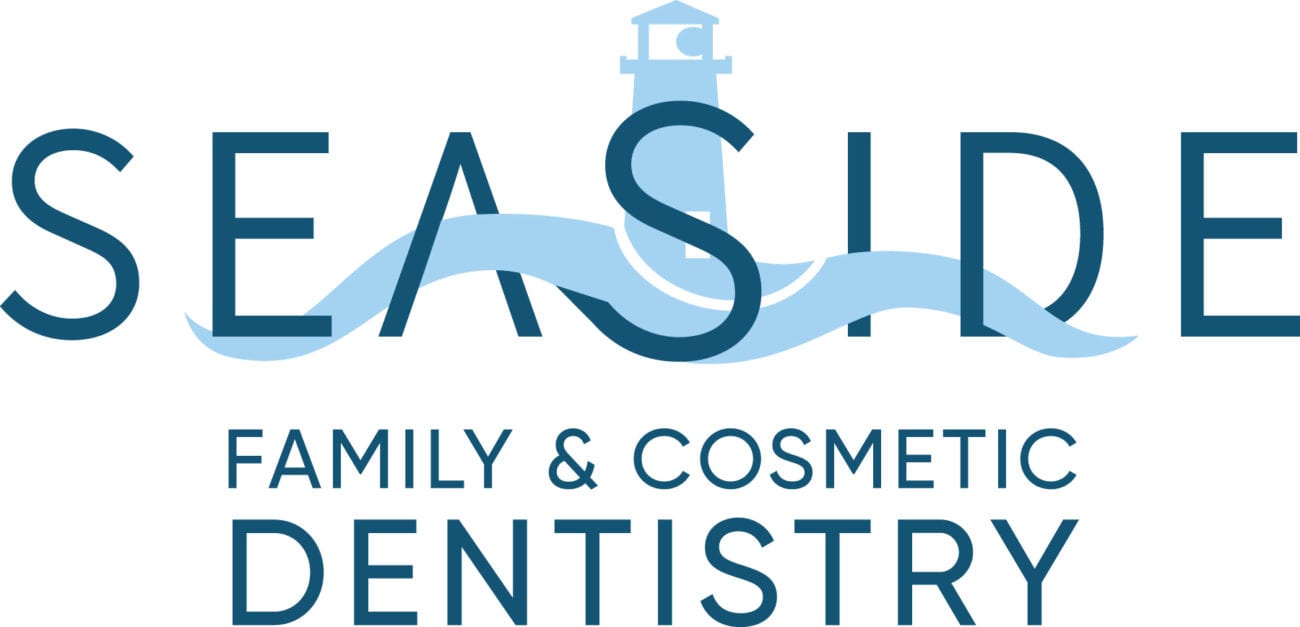Do your gums bleed when you brush and floss? Are your gums sensitive?
Bleeding and sensitive gums are signs of gingivitis or gum inflammation. Gingivitis is an early stage of gum disease or periodontitis. Bacteria that collects around your teeth causes periodontitis. Bacteria can become plaque, a sticky film that irritates the gums.
Dr. Lauren Francis and Dr. Rawley Fuller provide periodontal disease treatment at Seaside Family and Cosmetic Dentistry in Hampstead, NC. Periodontal therapy is a restorative dental solution that removes plaque from the gums and helps reverse damage caused by gum disease.


Symptoms of Gum Disease
Gum disease begins relatively harmlessly but can progress quickly. Common signs of gum disease include:
- Bleeding gums
- Swollen and tender gums
- Gum sensitivity
- Halitosis (bad breath)
- Shifting teeth
- Receding gum line
- Loose teeth
Preventative dental care can reverse gum disease in its earliest stages. Floss and brush your teeth at home and visit our office for biannual routine visits to prevent gum disease from worsening. Our dental hygienists provide a deep clean during these visits and are able to catch signs of gum disease early on.
Treatments for Gum Disease at Seaside Family & Cosmetic Dentistry
There are many effective treatments for patients with gingivitis or periodontitis. Below are just some of your options.
- Antibacterial Rinses: We can provide you with antibacterial rinses in our office or as a take-home treatment. These rinses minimize bacteria in the mouth to keep gum disease at bay. Patients with gingivitis benefit from the early preventative treatment as it reduces gum irritation, bleeding, and swelling.
- Scaling and Root Planing: Treatments used in tandem, scaling and root planing remove bacteria from around the teeth and beneath the gums. Scaling removes tartar, which is tough plaque beneath the gums. Root planing cleans plaque off of the roots of the teeth. The treatment can help the teeth reattach to the gums and prevent further recession. Our office can also perform these treatments at routine appointments.
- Dental Lasers: Laser dentistry can use light and heat to remove gum infections. Dental lasers remove bacteria from the gums and reduce symptoms like bleeding and swelling. Lasers can also contour the gums and remove infected tissue easily and without pain.
Periodontal Disease Treatment FAQs
What can you not do after a periodontal treatment?
In the first 24 hours following treatment, you should avoid hot foods and refrain from rinsing your mouth. They may intensify the bleeding.
Is periodontal treatment painful?
Periodontal therapy can cause minor discomfort, but in general, people typically report it as less than expected. People who struggle with dental anxiety commonly put off going to the dentist. In those with periodontitis, this gives the disease more time to progress making treatment deeper and more painful.
What is the first stage of periodontal therapy?
Periodontal treatment begins with the first procedure, known as initial therapy or phase I. The goal of the first phase of treatment is to reduce or eliminate gingival inflammation and gum swelling.
Will I lose my teeth if I have periodontal disease?
Periodontitis is a serious gum infection that may result in tooth loss and other health issues. If left untreated periodontitis may cause severe damage to the bone, jaw structure, and teeth.
Do I need periodontal maintenance forever?
Yes. Periodontal disease is a lifelong disease that will never go away. You will need to visit your dentist for regular cleanings and check-ups of your gums throughout your whole life. However, the frequency of the appointments can vary from patient to patient depending on their risk of suffering from gum disease.
Generally, people need cleanings at least once a year, nevertheless some patients need them more often.
Can I treat or cure periodontal disease with antibiotics?
No. Periodontal disease is an infection of the tissues that support your teeth. It can lead to tooth loss if not treated. Antibiotics are usually used to treat infections, but they are not effective against periodontal disease alone.
Can I eat after periodontal cleaning?
Stay away from foods that are too acidic, too spicy, too salty, or too fatty. Things like soups, pasta, scrambled eggs, mashed potatoes, mac & cheese, and similar dishes should be avoided after periodontal treatment.
Do gums reattach after deep cleaning?
Gum tissue lost to gum disease cannot be regrown, but most patients can expect their gums to reattach after a deep cleaning. Once the infection-causing bacteria have been eradicated, gums may be restored to their original health.
Are you noticing early signs of gum disease? Have you missed your biannual checkup? Schedule a consultation with Dr. Francis or Dr. Fuller online. You may also call Seaside Family and Cosmetic Dentistry for an appointment today at 910-335-4392.
